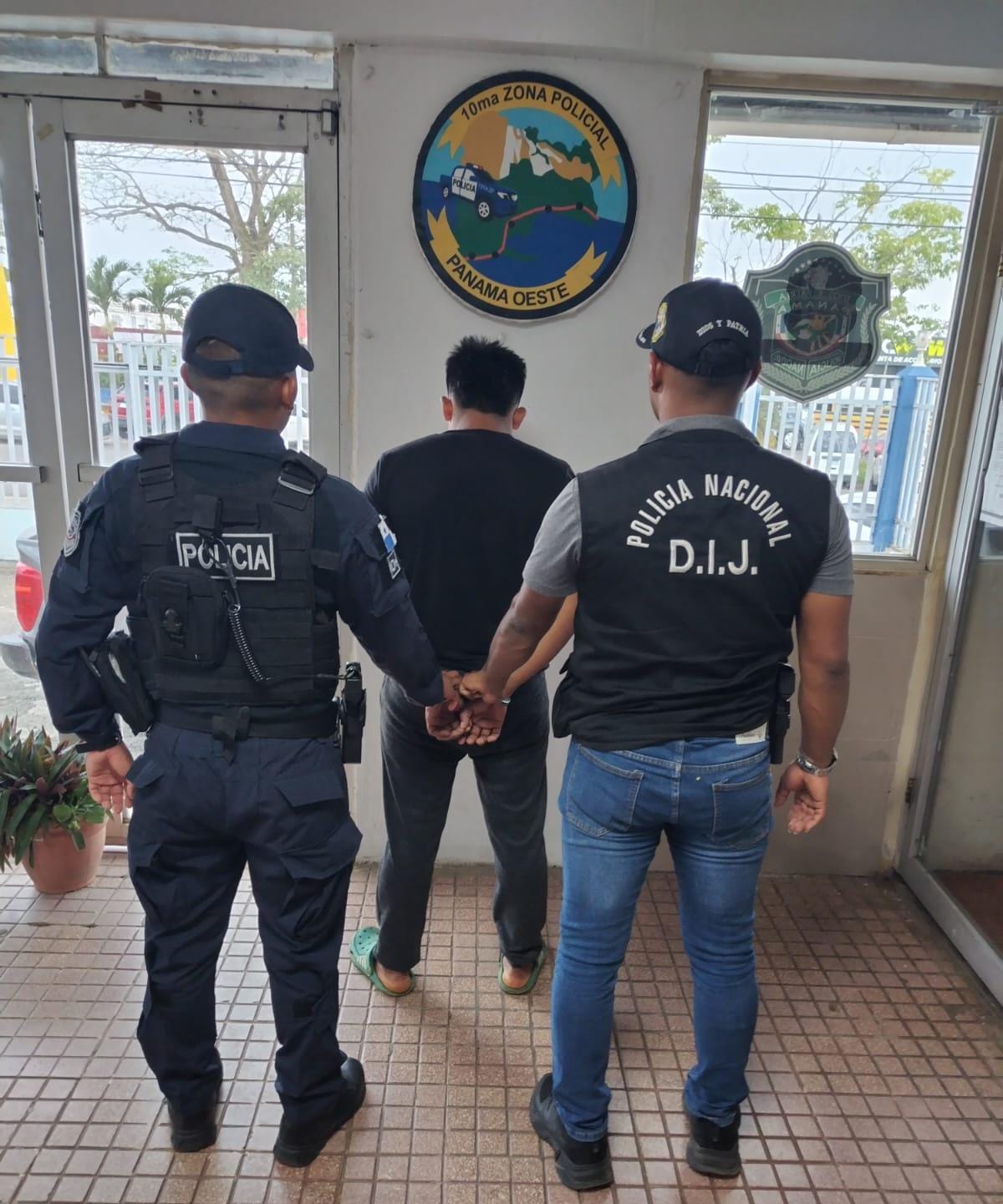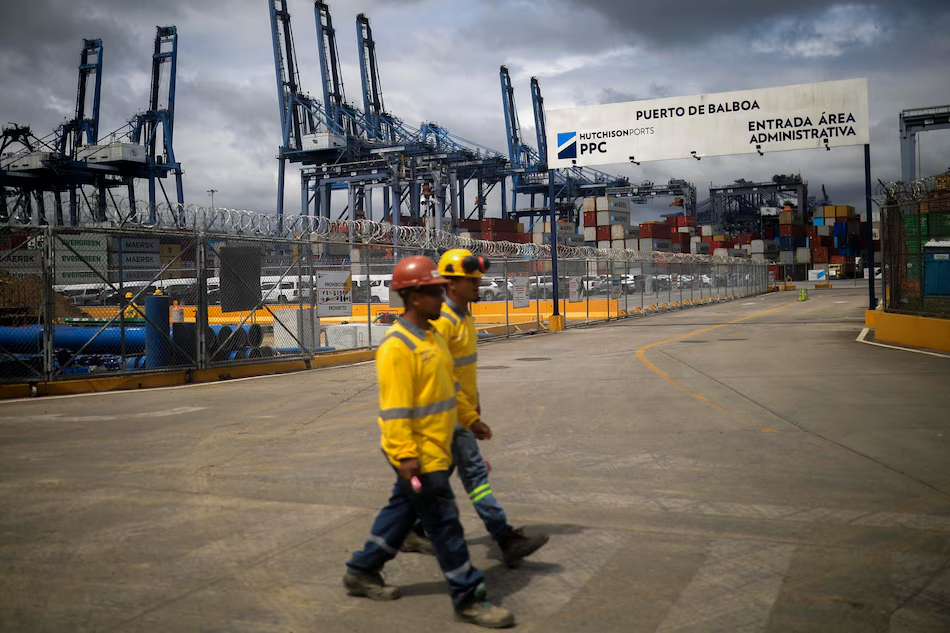ENVIRONMENT: “Condemning future generations before they are born”

THE COSTA RICAN head of the UN body tasked with delivering a global climate treaty broke down in tears at a meeting in London as she spoke about the impact of global warming on coming generations.

Christiana Figueres told the BBC that the lack of an agreement was "condemning future generations before they are even born".
Ms Figueres said this was "completely unfair and immoral".
Despite the slow pace of negotiations, she said a deal can be done by 2015.
Costa Rica-born Christiana Figueres has been the Executive Secretary of the United Nations Framework Convention on Climate Change (UNFCCC) for the last three years.
Taking over after the failure of the talks process in Copenhagen in 2009, Ms Figueres has carefully steered the parties forward.
Delegates agreed in Durban in 2011 that a new global deal must be signed by 2015 and come into force from 2020.
But Ms Figueres' passionate approach to progress has been tested by the slow, tortuous UN process, where consensus is the only way forward.
"I am always frustrated by the pace of the negotiations, I was born impatient. We are moving way, way too slowly, but we are moving in the right direction and that's what gives me courage and hope," she said.
Speaking to the BBC on the sidelines of a climate conference at Chatham House in London, Ms Figueres became tearful when she reflected on the impact that climate change might have on coming generations.
"I'm committed to climate change because of future generations, it is not about us, right? We're out of here," she said.
"I just feel that it is so completely unfair and immoral what we are doing to future generations, we are condemning them before they are even born."
"We have a choice about it, that's the point, we have a choice. If it were inevitable then so be it, but we have a choice to change the future we are going to give our children."
Text on the table
She said that she was hopeful an agreement could be signed in Paris in 2015 but if that was going to happen, then significant progress had to be made in the next 12 months.
There would need to be the draft text of an agreement when the parties meet in Peru in 2014.
She said she was determined to avoid the mistakes that were made in the run up to Copenhagen in 2009, when expectations of a far reaching global compact faltered.
"We are not going to have another Copenhagen – the leaders of the world are not just being brought in at the last minute, to face 300 pages of text that is completely impossible to digest.
Next year would see a special climate summit of world leaders called by UN secretary general Ban Ki-Moon. Ms Figueres is hopeful that this will clear the road ahead of the Paris meeting in 2015.
"It is not going to be in Paris, going into all the technical details of how to build the agreement which is what we had in Copenhagen. The structure and logic of an agreement need to be in place.
"This is way too complex and way too challenging to wait until the last minute in 2015."
This year's Conference of the Parties to the UNFCCC will take place next month in Poland.





